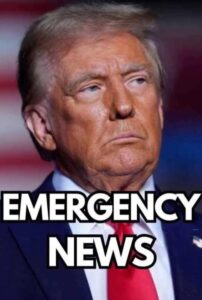Trump Signs Controversial Executive Order Targeting Student Protesters
 \
\
President Donald Trump has officially signed a new executive order aimed at addressing anti-Semitism—but its sweeping measures are drawing sharp criticism, particularly over concerns about civil liberties and student rights.
The order includes provisions that allow the government to deport international students who participate in demonstrations seen as anti-Israel. While the administration claims the measure is designed to combat hate speech, critics argue it could be used to silence legitimate political expression—especially from those advocating for Palestinian rights.
By linking pro-Palestinian activism with anti-Semitism, the order raises serious questions about freedom of speech and academic independence on U.S. campuses. Legal and civil rights experts warn that using immigration law to penalize protestors sends a dangerous message: dissenting views on international politics may come with harsh consequences.
“This isn’t about stopping hate—it’s about stopping speech,” said one campus organizer. “We’re seeing a move to equate criticism of a foreign government with discrimination, which is a slippery slope.”
The directive has sparked backlash among human rights organizations, legal scholars, and student groups. Many say it threatens the core democratic values of peaceful protest and free expression, which are especially vital in academic environments. Some also point out that revoking student visas for political participation could lead to broader efforts to suppress activist voices under the guise of national security.

Opponents of the policy stress the importance of distinguishing between genuine acts of hate and the right to engage in political advocacy. They warn that this executive order could further chill open debate on college campuses, where global issues like the Israeli-Palestinian conflict are often passionately discussed.
As the conversation continues, the administration faces mounting pressure to revisit the scope and language of the order, with civil liberties advocates calling for protections that safeguard both freedom of thought and the right to protest—regardless of one’s citizenship status.